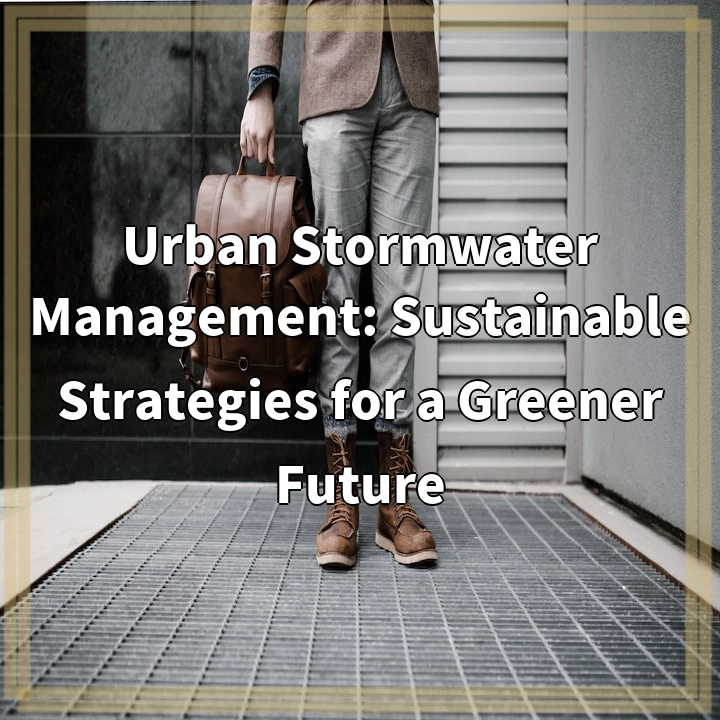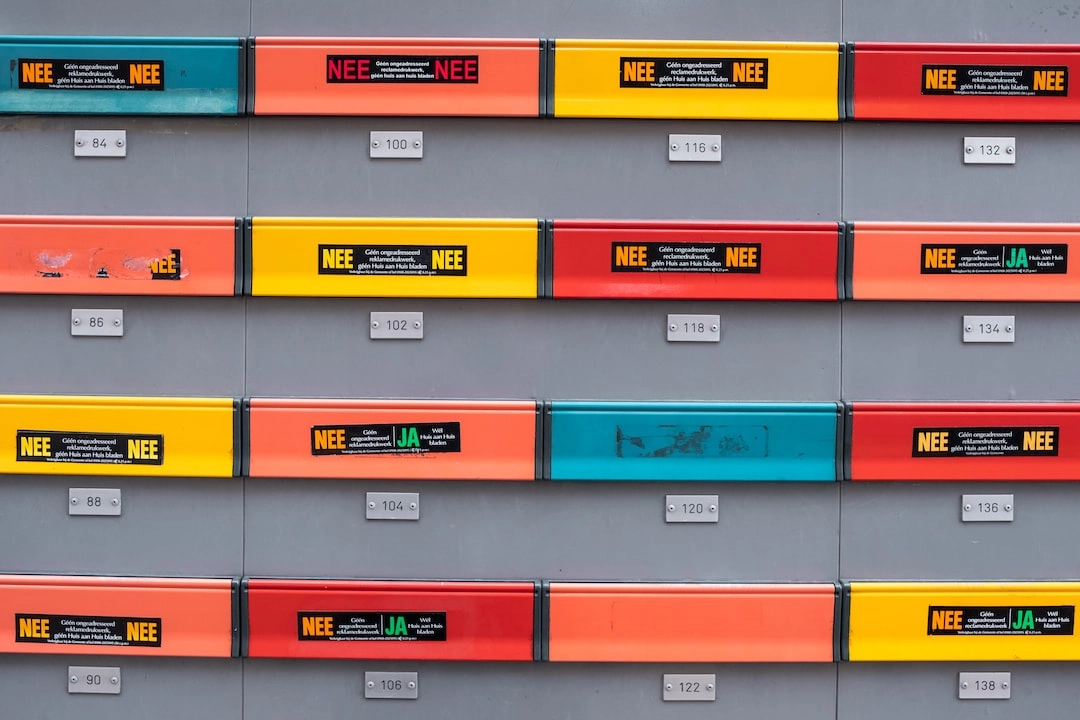
What is Urban Stormwater Management?
Urban stormwater management refers to the planning, design, and implementation of strategies and systems to effectively manage the flow of stormwater in urban areas. It involves the collection, treatment, and safe disposal or reuse of rainwater and runoff from impervious surfaces such as roads, parking lots, and buildings.
Real-World Problems Associated with Urban Stormwater Management
1. Flooding: Urban areas with extensive impervious surfaces experience increased stormwater runoff, which overwhelms the capacity of existing drainage systems and natural water bodies. This can lead to frequent and severe flooding, causing property damage and endangering lives.
2. Water Pollution: Stormwater runoff picks up pollutants such as oil, chemicals, fertilizers, and sediment as it flows over urban surfaces. This polluted runoff then enters streams, rivers, and other water bodies, degrading water quality, harming aquatic ecosystems, and potentially posing health risks to humans.
3. Habitat Loss: Traditional stormwater management practices often involve channelizing and piping water, resulting in the destruction of natural watercourses and habitats. This fragmentation and alteration of ecosystems can lead to the loss of biodiversity and the decline of species that depend on aquatic environments.
4. Heat Island Effect: Conventional urban stormwater management practices prioritize rapid drainage, which often involves replacing permeable surfaces with impermeable ones. This contributes to the urban heat island effect, where cities become significantly hotter than surrounding rural areas, exacerbating the impacts of climate change and negatively impacting human comfort and health.
5. Lack of Resilience: In the face of climate change, urban stormwater management systems need to be resilient to increasingly frequent and intense precipitation events. Many existing systems are outdated and unable to cope with these challenges, leading to increased vulnerability and risks for urban areas.
Addressing these real-world problems through sustainable strategies in urban stormwater management is crucial for creating greener and more environmentally-friendly cities.

Sustainable Solutions for Urban Stormwater Management
Implementing sustainable strategies in urban stormwater management can help address the real-world problems associated with stormwater runoff and create a greener future for cities.
1. Green Infrastructure
Green infrastructure refers to the use of natural or nature-based solutions to manage stormwater. This includes features like green roofs, rain gardens, bioswales, and permeable pavements. These elements help absorb, filter, and infiltrate stormwater, reducing both flooding and water pollution.
2. Low-Impact Development
Low-impact development (LID) techniques aim to mimic natural hydrological processes by managing stormwater on-site. LID practices include rainwater harvesting, rain barrels, and constructed wetlands. By capturing and utilizing stormwater, LID helps reduce runoff and replenish groundwater resources.
3. Retrofitting Existing Infrastructure
Retrofitting existing urban infrastructure is crucial for enhancing stormwater management. This involves incorporating sustainable features into streets, parking lots, and buildings to improve water infiltration and reduce runoff. Examples include installing pervious pavement, creating green corridors, and implementing green roofs.
4. Education and Awareness
Creating awareness among communities about the impact of stormwater runoff and the benefits of sustainable stormwater management is essential. Education programs can empower individuals to take actions such as reducing their water use, properly disposing of pollutants, and embracing sustainable stormwater practices at home and in their neighborhoods.
5. Multi-Stakeholder Collaboration
Successful stormwater management requires collaboration among various stakeholders such as government agencies, developers, urban planners, and community groups. By working together, these stakeholders can develop integrated approaches, share best practices, and ensure long-term commitment and implementation of sustainable stormwater management strategies.
By implementing these sustainable solutions, cities can reduce flooding, improve water quality, conserve natural ecosystems, mitigate heat island effects, and enhance overall resilience to climate change impacts.















